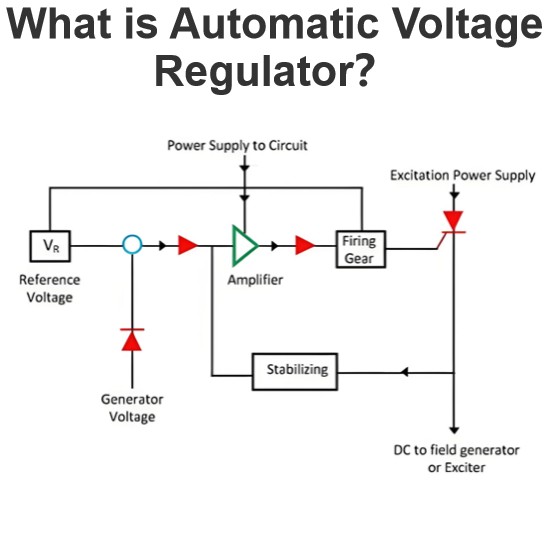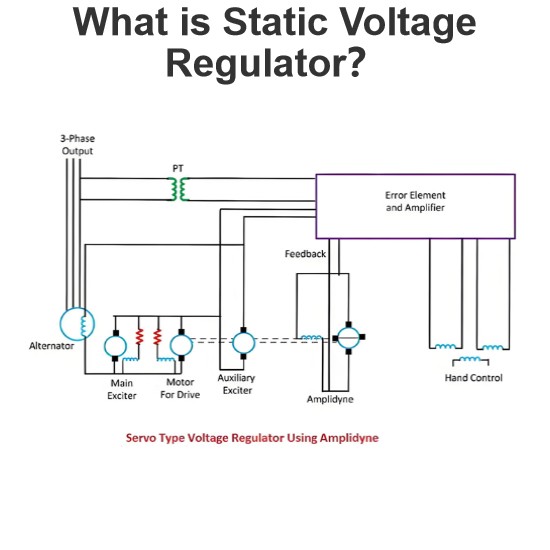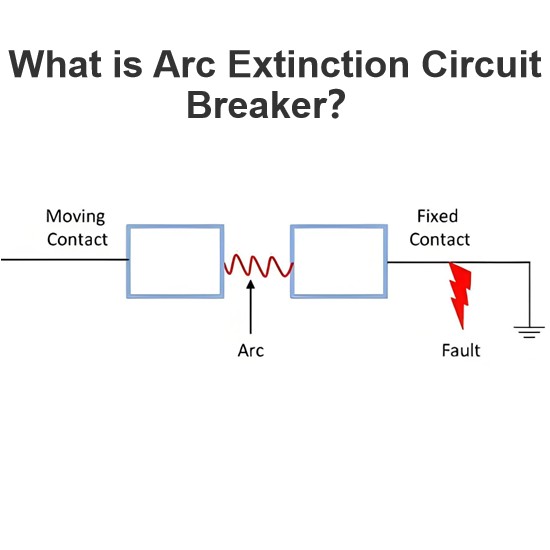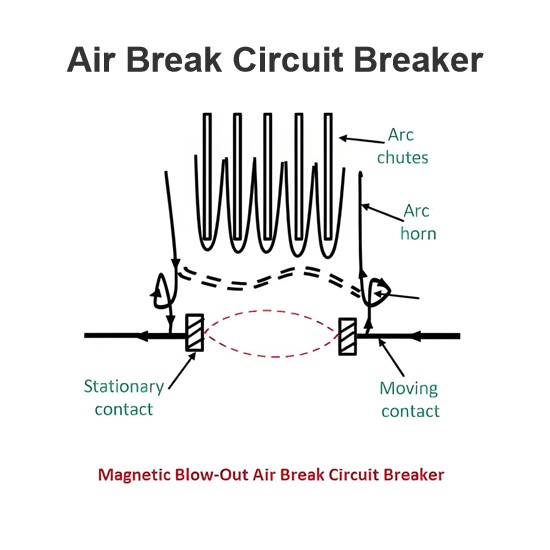Does the cable tail protection block autorecloser?
The relationship between the tail protection of the cable and the automatic reclosing.
The problem of reclosing in cable line protection
In cable line protection, the application of automatic reclosing has certain limitations. Automatic reclosing is usually used for overhead line transmission and power supply lines as an effective accident prevention measure. However, for cable lines, due to their characteristics, the application of automatic reclosing is not common.
The characteristics of cable lines
The cable line has the following characteristics compared to the overhead line:
Less affected by external forces: Cable lines buried underground or laid in cable ducts are less influenced by external environments (such as wind and lightning strikes).
Fewer Instantaneous Failures: Due to less influence from external forces, there are relatively few instantaneous failures in cable lines.
Mostly permanent faults: Faults in cable lines are mostly permanent faults due to insulation breakdown, such as construction digging and connector burning.
The Challenges of Automatic Reclosing in Cable Lines
Since cable line faults are mostly permanent, the success rate of automatic reclosing is low in these cases. Moreover, reclosing may aggravate the degree of insulation damage, further expanding the impact range of the fault and making the working environment of the circuit breaker more severe, causing another impact on the system.
The function of the cable tail protection
Cable tail protection is mainly a protective measure for the end of the cable, aiming to prevent insulation breakdown and other forms of damage at the end of the cable. This protection usually includes insulation monitoring, overcurrent protection and other means.
The relationship between the tail protection of the cable and the automatic reclosing.
The protection at the tail of the cable does not directly prevent the execution of automatic reclosing. However, since faults in cable lines are mostly permanent, the success rate of automatic reclosing is still low, even with tail protection measures in place. Therefore, in practical engineering, protective measures for cable lines usually do not employ automatic reclosing.
Conclusion
To sum up, the protection at the end of the cable will not directly prevent the execution of automatic reclosing. However, since most faults in cable lines are permanent faults, the success rate of automatic reclosing in such cases is low. Therefore, automatic reclosing is generally not adopted in practical engineering.
The Electricity Encyclopedia is dedicated to accelerating the dissemination and application of electricity knowledge and adding impetus to the development and innovation of the electricity industry.













